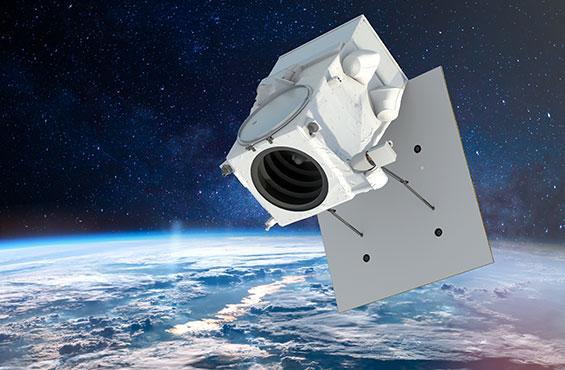
Credit: Maxar
COLORADO SPRINGS—Maxar, which is known for building large geostationary satellites, is seeing interest in its Maxar 300, a smaller spacecraft drawn from a bus it is making for L3Harris’ Space Development Agency (SDA) offering. The company’s move to rebrand its spacecraft line comes as the company is...
Subscription Required
Geostationary Satellite Builder Maxar Sees Market In Small Spacecraft is published in Aerospace Daily & Defense Report, an Aviation Week Intelligence Network (AWIN) Market Briefing and is included with your AWIN membership.
Already a member of AWIN or subscribe to Aerospace Daily & Defense Report through your company? Login with your existing email and password.
Not a member? Learn how you can access the market intelligence and data you need to stay abreast of what's happening in the aerospace and defense community.




